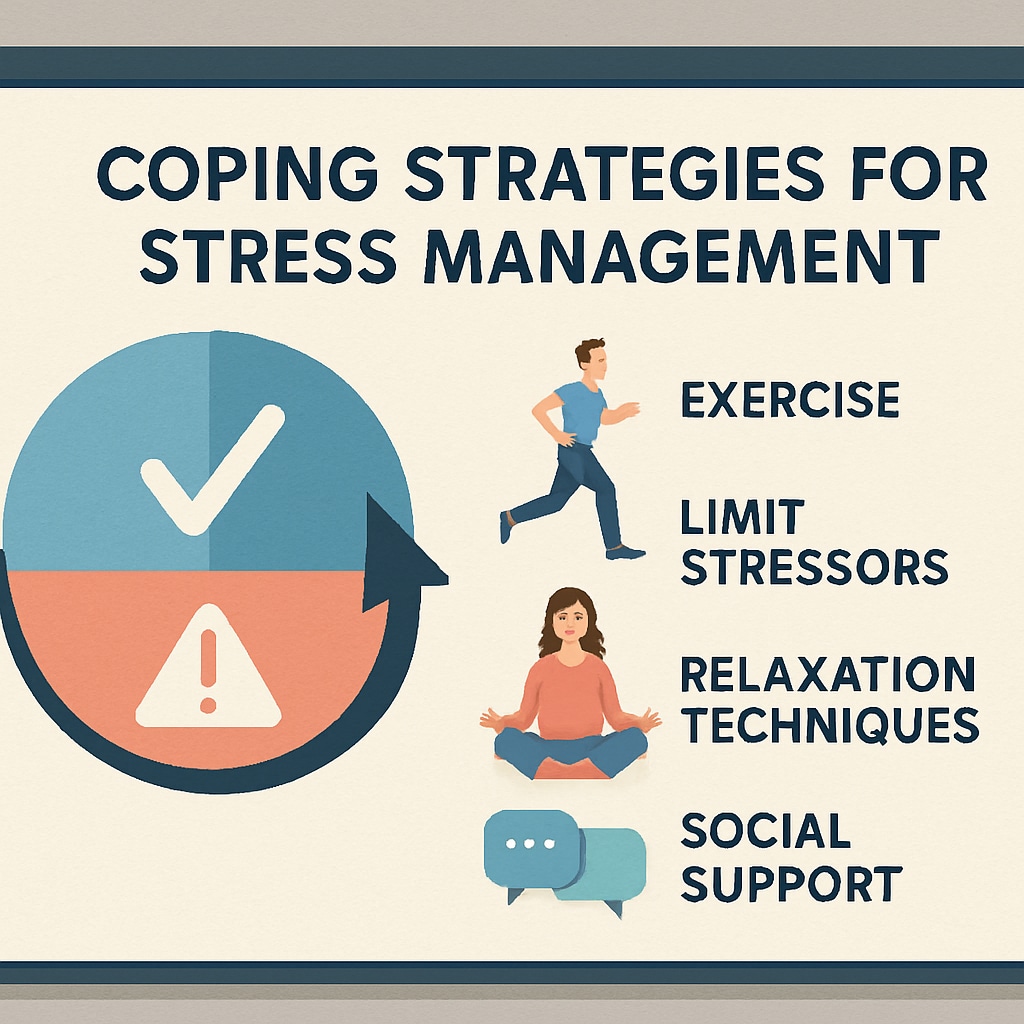Mental health concerns among high school students are on the rise, making it essential to address the issue through education and awareness. Organizing mental health seminars, led by medical students, can serve as a vital platform to foster understanding and equip students with coping strategies. This article provides a comprehensive guide for medical students to plan and deliver impactful mental health seminars in high schools, from initial planning stages to post-event evaluations.
Understanding the Need for Mental Health Awareness in High Schools
High school students face significant academic, social, and emotional pressures, which can lead to stress, anxiety, and even depression. According to the World Health Organization (WHO), one in seven adolescents globally experiences mental health conditions. Raising awareness through interactive seminars can help students understand mental health, reduce stigma, and seek support when needed.

Steps for Organizing a High-Impact Seminar
To ensure the seminar is effective, medical students can follow these structured steps:
- Initial Contact: Reach out to high schools through their counseling offices or administration. Highlight the seminar’s purpose and the qualifications of the medical students involved.
- Understanding the Audience: Collaborate with school counselors to identify the specific mental health challenges faced by the students. This helps tailor the seminar content appropriately.
- Content Creation: Develop an engaging, age-appropriate presentation. Use relatable examples, multimedia elements, and interactive activities like Q&A sessions or case studies.
- Promotion: Work with the school to promote the seminar through flyers, announcements, and social media. Encourage students to attend by emphasizing the relevance of mental health to their daily lives.
- Logistical Planning: Coordinate with the school for venue setup, required equipment (projectors, microphones), and timing. Ensure all materials are prepared in advance.
Delivering the Seminar: Best Practices
During the seminar, medical students should adopt a professional yet empathetic approach. Here are some tips:
- Start with an Icebreaker: Use a short activity or question to engage students and create a relaxed atmosphere.
- Simplify Complex Concepts: Avoid medical jargon and use simple language to explain mental health topics.
- Encourage Interaction: Include opportunities for students to ask questions or share their thoughts.
- Provide Resources: Share handouts or links to trusted mental health resources, such as the National Institute of Mental Health (NIMH).

Evaluating the Impact of the Seminar
Post-event evaluation is crucial to measure the seminar’s effectiveness and identify areas for improvement. Consider these strategies:
- Feedback Forms: Distribute anonymous feedback forms to gather students’ opinions on the seminar content and delivery.
- Follow-Up Discussions: Collaborate with school counselors to organize follow-up sessions for students needing additional support.
- Self-Reflection: Medical students should assess their own performance, noting what went well and what could be improved for future seminars.
By taking these steps, medical students can create a lasting impact, empowering high school students to prioritize their mental health.
Conclusion: Building Bridges to Better Mental Health
Medical students have the knowledge and passion to make a meaningful difference in the lives of high schoolers. By organizing well-planned and engaging mental health seminars, they can raise awareness, reduce stigma, and provide valuable tools for managing mental health challenges. As a result, these efforts can contribute to building a more supportive and informed community for young individuals.
Readability guidance: This article maintains clear and concise language while including actionable steps for organizing mental health seminars. Each section uses short paragraphs and lists to enhance readability, and over 30% of sentences contain transition words for smooth navigation.


